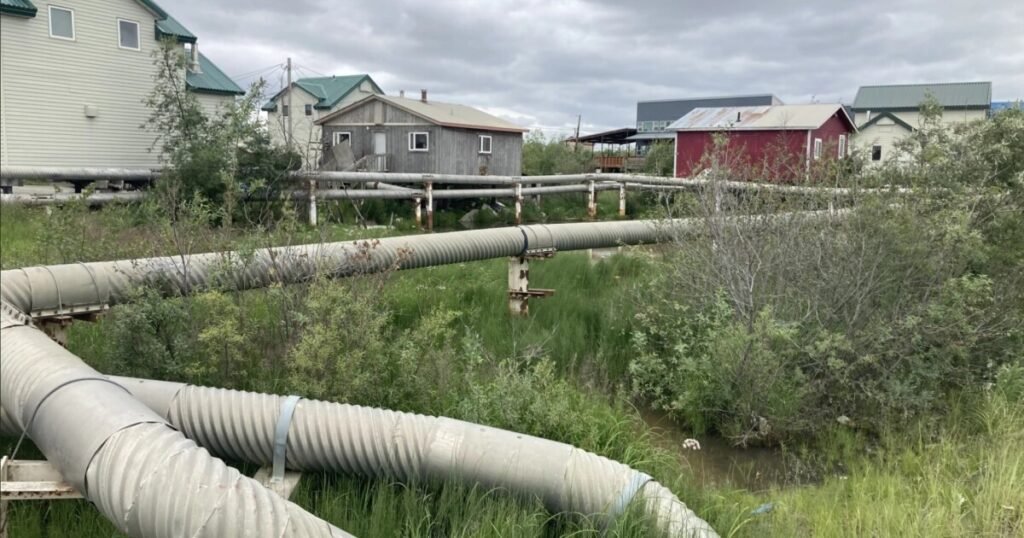In Bethel, dozens of multi-unit residential properties haven’t been paying what they should for utilities, according to the city government. That’s because those properties, the majority of which are duplexes, have only been paying for one utility account apiece, instead of an account for each unit. It’s an issue Bethel is now trying to fix.
The move applies to piped water and sewer customers, and according to acting city manager Lori Strickler, it could bring in more than $130,000 in annual revenue for the city. But she said that it goes far beyond simply boosting the city’s finances in the short term.
“One of my lifelong goals is to reduce the cost of water and sewer for the community members,” Strickler said. “Our water and sewer costs are ridiculous, so in order for us to do that, we need to make sure that we are collecting the revenue that we are entitled to collect, but also look at ways to improve operational efficiencies.”
In Bethel, residential buildings with three or more units on piped services are considered commercial customers. They use metered hook-ups that allow the city to charge based on usage. But with single-family units and properties with multiple units like duplexes, each unit must pay a flat fee of roughly $320 for water, sewer, and garbage services.
In May, Strickler said that she took a closer look at residential utility accounts and found dozens of cases in which multi-unit properties with a single utility account were only paying a fraction of what they owed under city code. But she also acknowledged that there may have been a lack of awareness among the community.
“That goes back to the city providing education to the residents. You know, many of these people, if not all, didn’t realize that they were supposed to have a utility account,” Strickler said. “They just, you know, it’s a duplex. We’ve got one service line coming in. I’m going to pay an account for the one service line.”
Fortunately, Strickler said, more than half of the 34 units lacking utility accounts have complied since the city notified customers last month. Residential units still not in compliance could face fines as high as $300 a day, but no fines have been issued nearly a month after the initial sign-up deadline of Oct. 1.
Strickler said that the reason the city makes use of a flat-rate fee system in the first place is that it simply doesn’t have the resources to meter every piped water connection. As for the phenomenon of single physical connections for multi-unit residences, she said that it originally came down to high costs.
“It’s really expensive to install pipes, right? So when they were installed, we didn’t require [it] and our contractors didn’t install pipes to every single unit that is on the property,” Strickler said.
Strickler said that addressing the city’s utility account issue is just one of a “100 million things” on any given day, but she said that the long-term implications are critical.
“We should expect to see over $130,000 of revenue that we otherwise wouldn’t have gotten,” Strickler said. “As we continue to look at and audit the operations, we will hopefully be able to, in the long term, start reducing our rates because we’re getting the money that the utility needs to operate.”
Strickler said the city will continue its push to notify property owners still not in compliance with the new utility account requirements.

